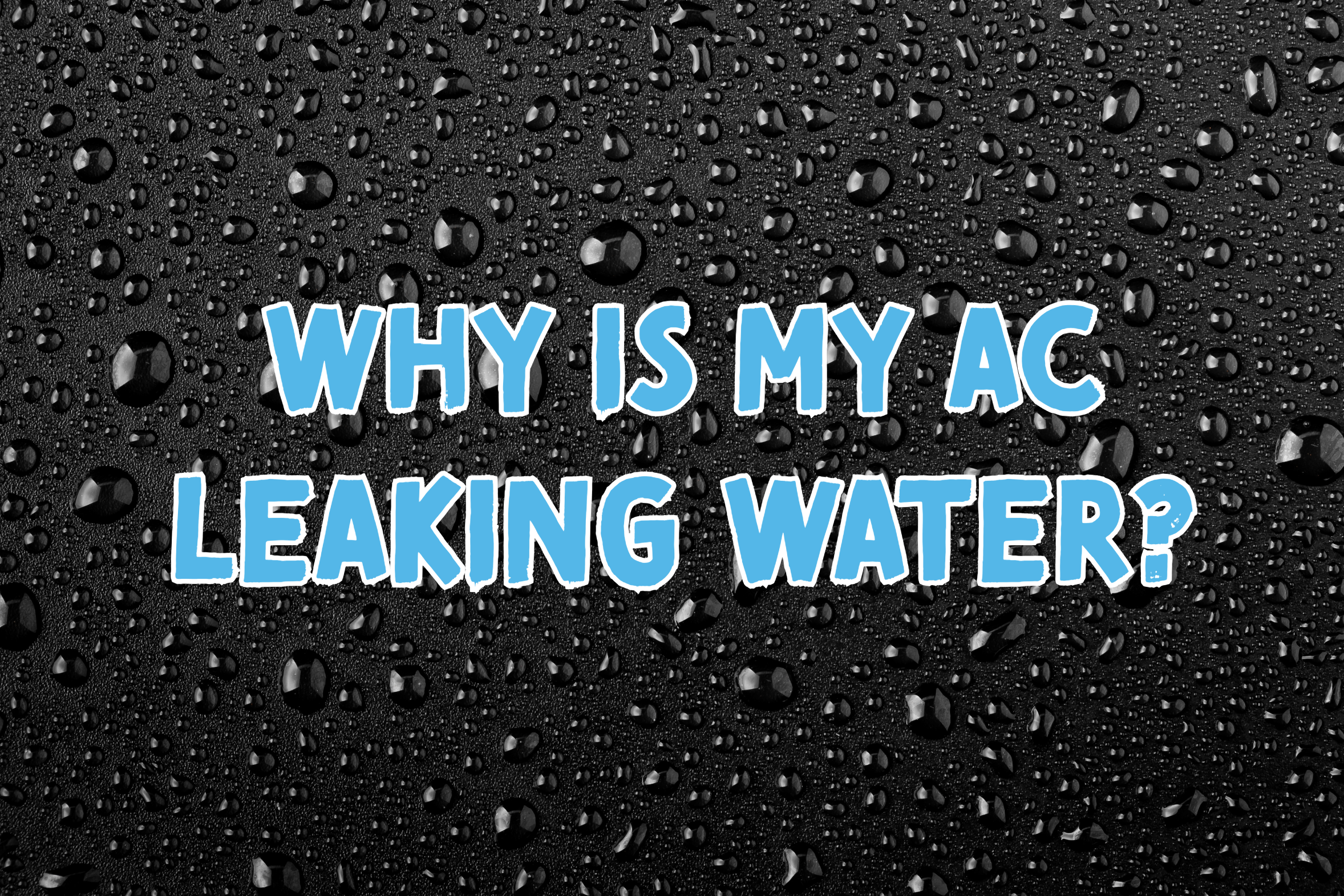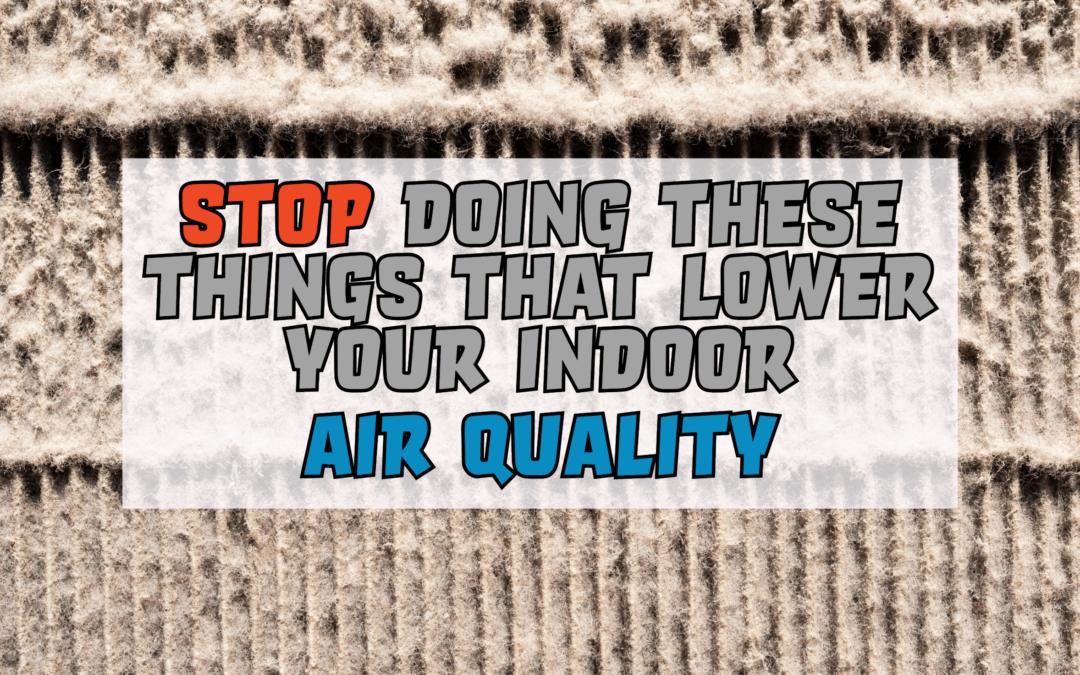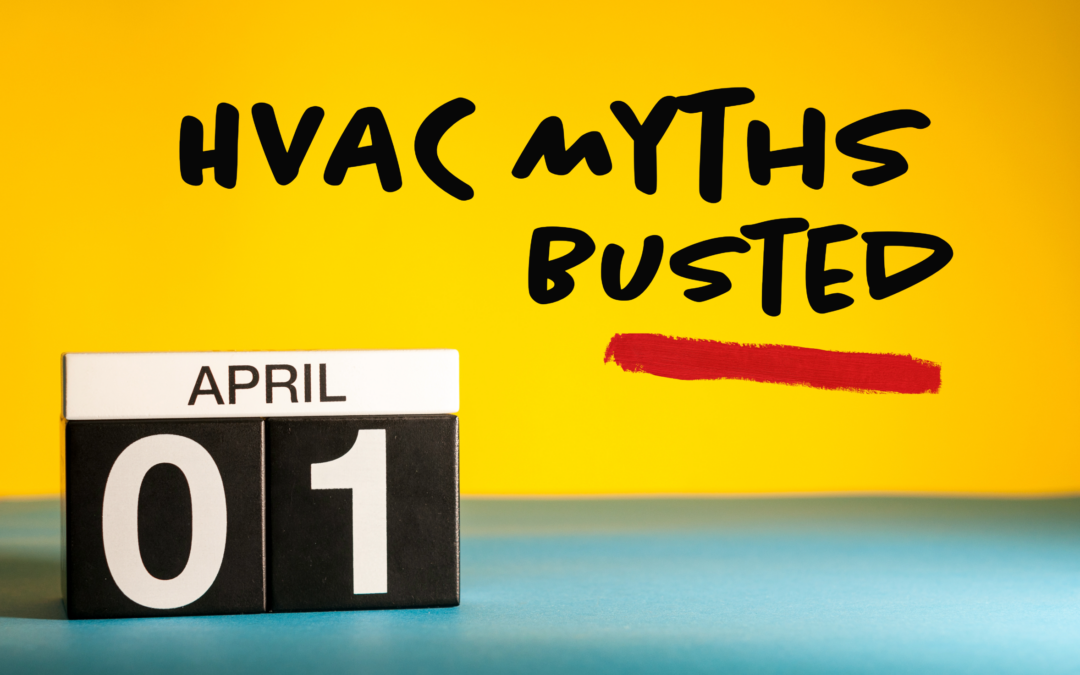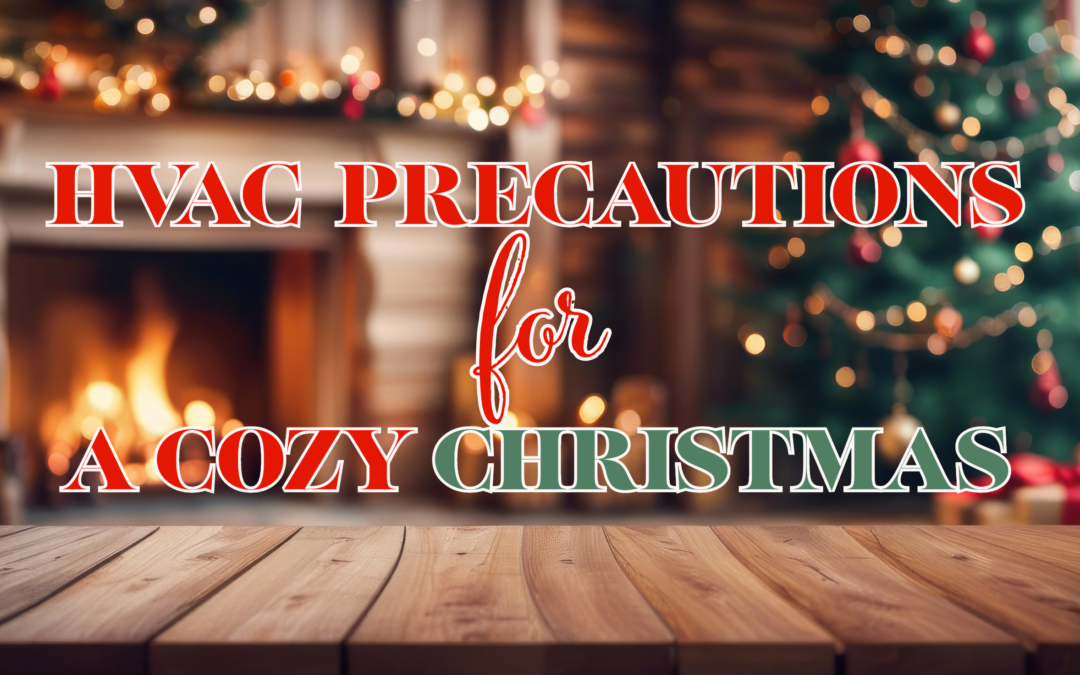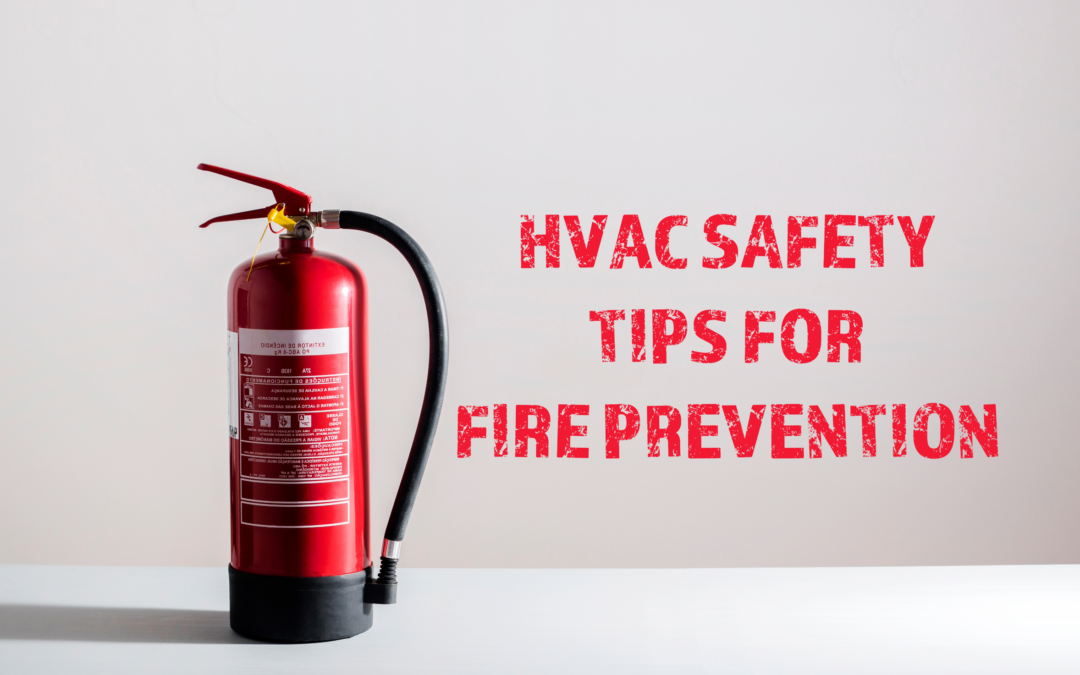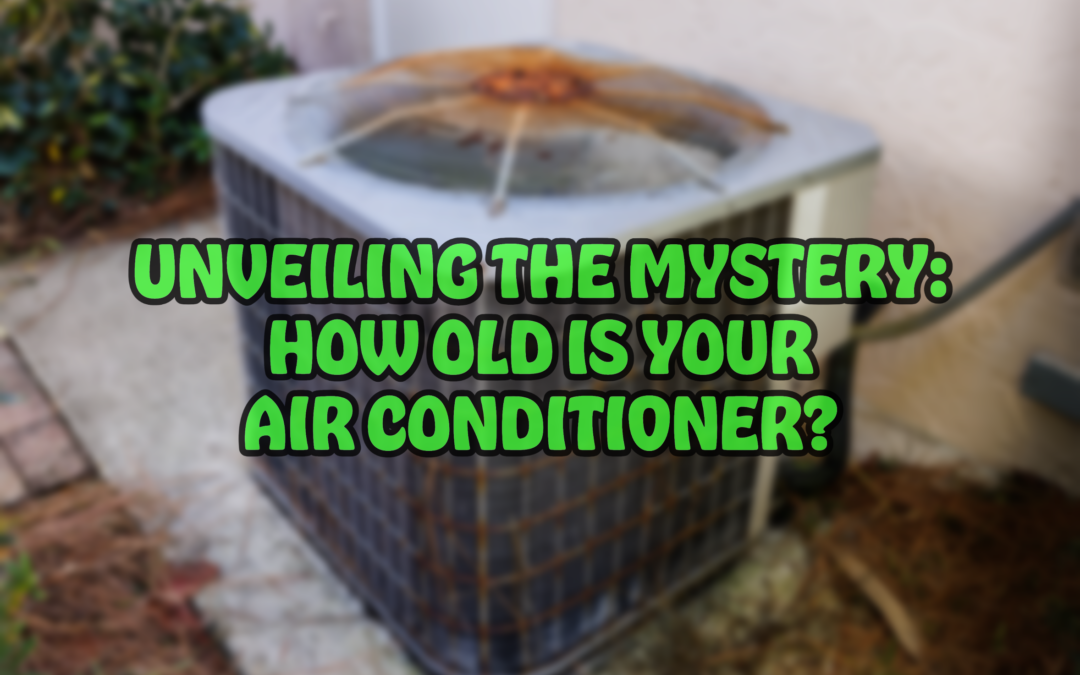Ohio summers can get pretty hot! So, it’s likely your AC has been working overtime to beat the summer heat. Unfortunately, when your AC is running full blast, it might start leaking water. We get how alarming that can be, but your Mount Washington Heating & Cooling experts are here to help you figure out what’s going on.
Things to Check if Your AC Is Leaking:
- Check the Thermostat
- Check the Evaporator Coil
- Check the Condensate Drain
- Check the Condensate Drain Pan
- Check the Refrigerant
- Check the Condenser
1. Check the Thermostat
Your thermostat controls how cold the evaporator coils need to be to hit the temperature you set for your home. If too much water condenses on the coils, it can start leaking. So, if the thermostat isn’t working right, your AC will have issues too.
Think of your thermostat as the “boss” of your HVAC system. If the boss goes down, the whole team goes down with it. When a thermostat malfunctions, it can’t properly communicate with your HVAC system; it tells your AC when to turn on and off, push out air, etc. Many system issues are due to a faulty thermostat. So, if your air conditioner isn’t working right, start by checking the thermostat.
2. Check the Evaporator Coil
It’s important to mention that one of the main reasons for ACs leaking water is due to the evaporator coil freezing. This usually happens when the air filters get too clogged and not enough air flows over the coils. The evaporator coils can get so cold that they freeze over, leading to water dripping off as a result.
You can fix this issue by:
- Checking the Air Filters: Make sure to check your HVAC air filters. They’re supposed to be changed every 1 to 3 months, but it doesn’t hurt to double-check and see if a clogged filter is what is causing your current HVAC problems. A fresh air filter might just fix your leaky AC issues!
- Adjusting Your Thermostat: First, you’ll need to thaw that frozen evaporator coil to stop the dripping or leaking. You can do this by raising the thermostat temperature a few degrees to help it thaw. (Keep in mind, if your whole unit is frozen, it’s best to switch off the cooling and turn on the fan instead.)
3. Check the Condensate Drain
Another thing to consider is that your condensate drain might be clogged. It’s the pipe that carries water from the drain pan to the outside. If it gets clogged, the water that’s supposed to drain can back up and leak outside the pan.
We suggest not trying to fix this issue yourself, as it could damage your pipes or system. A clogged condensate drain can cause various AC problems, but it’s an easy fix for a qualified and licensed technician. So, please give us a call if you suspect this is the issue.
4. Check the Condensate Drain Pan
Now, let’s talk about the condensate drain pan. Since it collects water run-off from the evaporator coil while cooling the air, any wear or damage to the drain pan can lead to water leaking onto the floor.
Troubleshooting this issue is a simple fix. If this is the case for you, you simply will need to replace the old or damaged drain pan with a new one. Just make sure you follow the manufacturer’s instructions carefully. If you’re feeling unsure about performing this specific troubleshooting task, we’d be more than happy to help.
5. Check the Refrigerant Levels
When your air conditioner’s refrigerant level drops, the pressure inside drops, too. This can cause the evaporator coils to freeze, resulting in an unwelcome and messy situation. While checking your refrigerant levels is not something you can actually do unless you are an HVAC technician, you should know what things to look out for that indicate there could be an issue with the refrigerant.
- Hissing or bubbling sounds coming from the AC unit
- Ice on the evaporator coils
- The AC is not blowing out “cold” air
- Water leakage
6. Check the Condenser
Did you know your air conditioner can “sweat?” It’s just condensation forming on the unit because warm or humid air is hitting the cool exterior. This extra moisture or water droplets can make it look like your AC is leaking.
While a bit of condensation isn’t a big deal (it happens), if your unit is “sweating” a lot, it’s time to call in a professional. The last thing you need is water damage or a broken AC because of a problem that’s been lingering too long.
We care about your safety and comfort! If you’re dealing with a leaky air conditioner and can’t figure out why, just give us a call. We’d be honored to offer you our top-notch customer service.
You can beat the heat with the help of your Mount Washington Heating & Cooling family! Call us today at (513) 655-5115, or schedule an appointment online now by clicking here!






